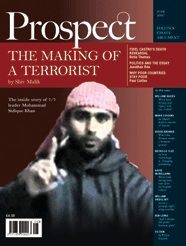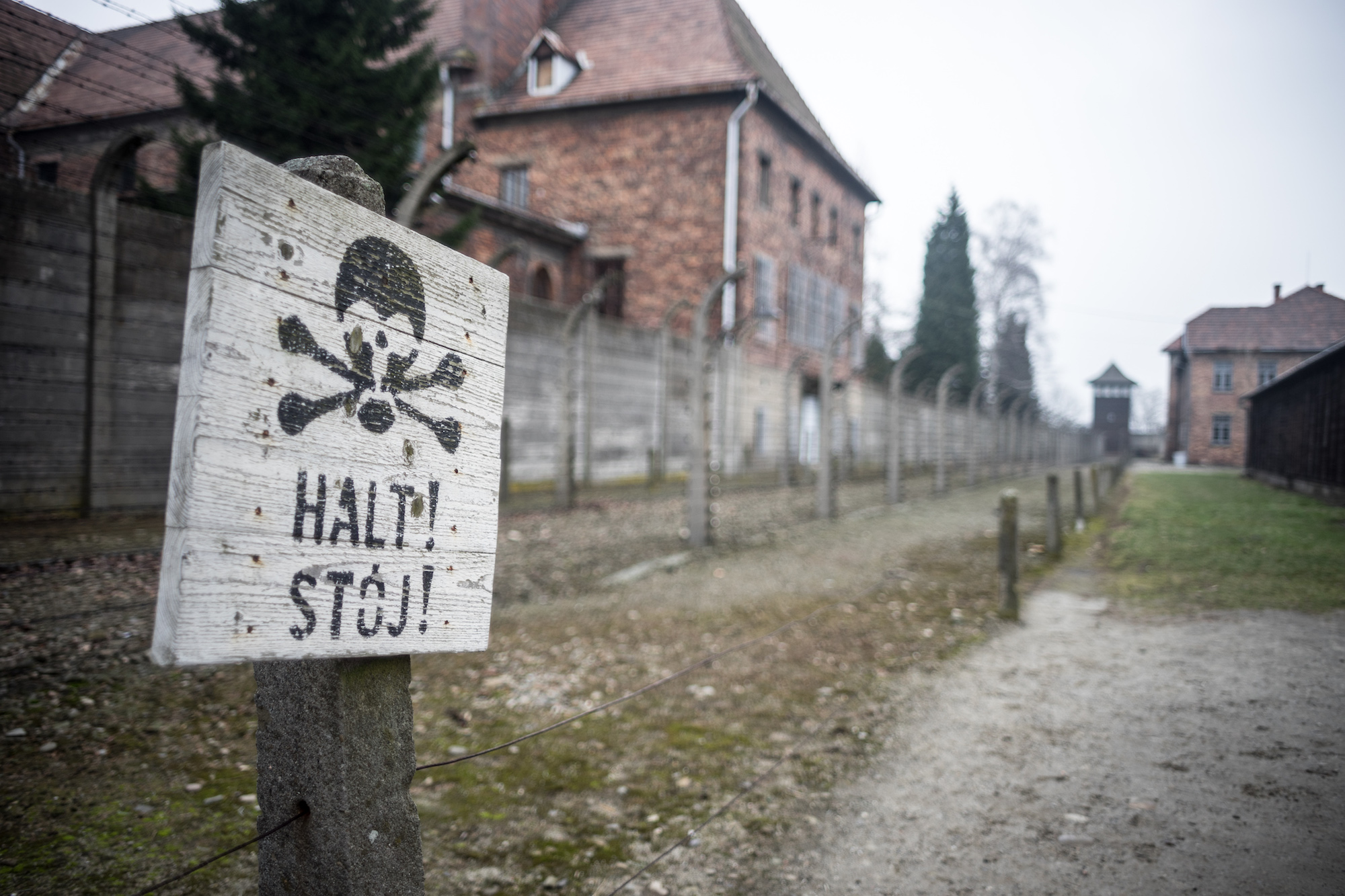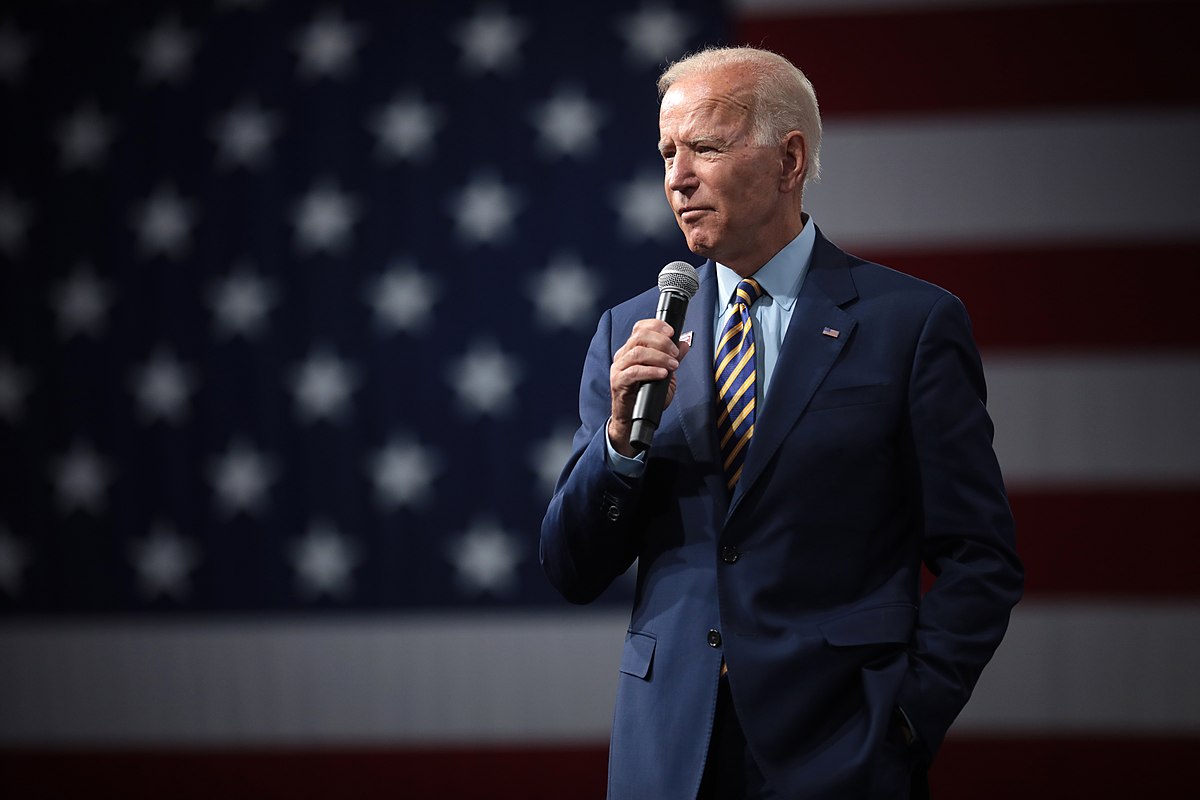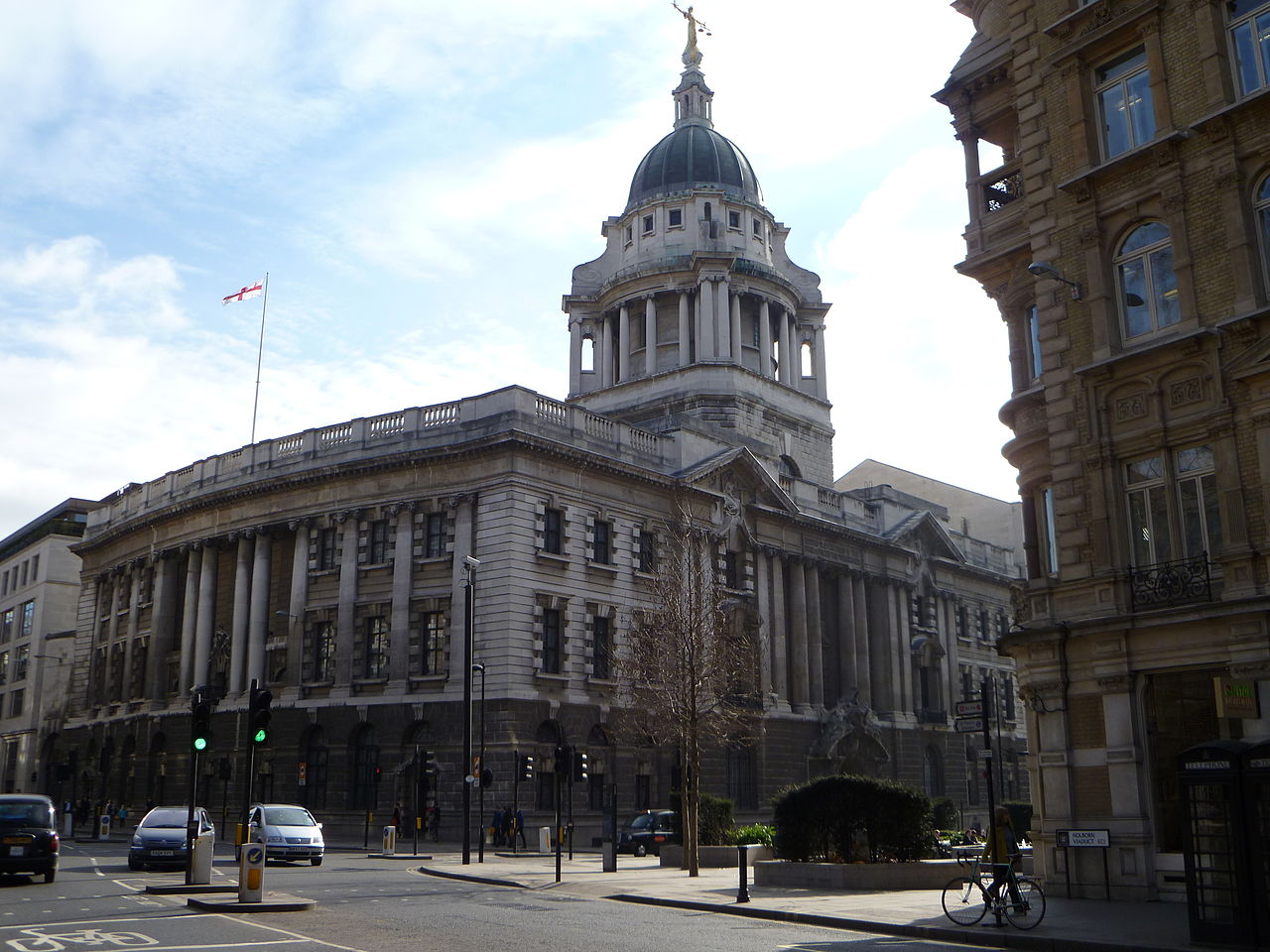Journalists investigating terrorism may find their research of interest to more than their readers. Index reports on a threat to press freedom
The head of MI5 once described journalist Shiv Malik’s work as “essential reading”. The police clearly think so too: today Greater Manchester police were granted a production order, under Schedule 5 of the Terrorism Act 2000, allowing them access to Malik’s research for his book Leaving Al Qaeda. Malik is now investigating the possibility of an appeal.
Shiv Malik has made his name writing about radical Islamism in Britain for liberal magazines such as Prospect and the New Statesman. His research has attracted the attention of the Pentagon as well as British intelligence.
Recently, he has been working with former Al Muhajiroun member Hassan Butt on a book, Leaving Al Qaeda, which aims to tell the story of Butt’s own indoctrination in, and later rejection of, Islamic fundamentalism. The book is scheduled to appear later this year. Butt himself is a well-known figure, having made numerous appearances on news and current affairs programmes discussing jihadism at home and abroad. He has repeatedly told of how he helped young British men get in touch with jihadis in Afghanistan, and even arranged training. More recently, he has called on Muslims in Britain to absolutely renounce terror, and for British society at large to acknowledge that the driving force behind Islamist violence is not anger at foreign policy, but a certain interpretation of the religion that has taken hold among young Muslims who see themselves as intrinsically at odds with secular democratic societies.
All this will be familiar stuff to anyone who’s taken an interest in the post 9/11, and more particularly post 7/7, political landscape. One would imagine, for example, that the Greater Manchester Police Counter-Terrorism Unit would be well-versed. So one has to wonder why the Unit presented Malik with a production order, requesting that he hand over his research material. Why pursue the reporter when the source is completely available, having even held discussions with Tony McNulty, Minister of State for Security, Counter-terrorism, Crime and Policing?
This is one puzzling part of the police actions, but it is not the essential part of the problem.
Protection of sources is a paramount code of practice for journalists – the nearest thing the press has to a Hippocratic oath. It is essential for journalists dealing with sensitive stories to be able to reassure the people who provide them with information that they will not put themselves at risk in doing so – and to gain their trust. The success of the website Wikileaks has demonstrated this hunger for anonymity from whistleblowers and sources.
In a society where a free press is seen as an essential part of a properly functioning democracy, the freedom of journalists to investigate, without fear of incriminating themselves or the people they talk to, must be held sacrosanct.
“I believe there is an extremely pressing issue of public interest at stake in defending the integrity of journalism,” says Shiv Malik.






